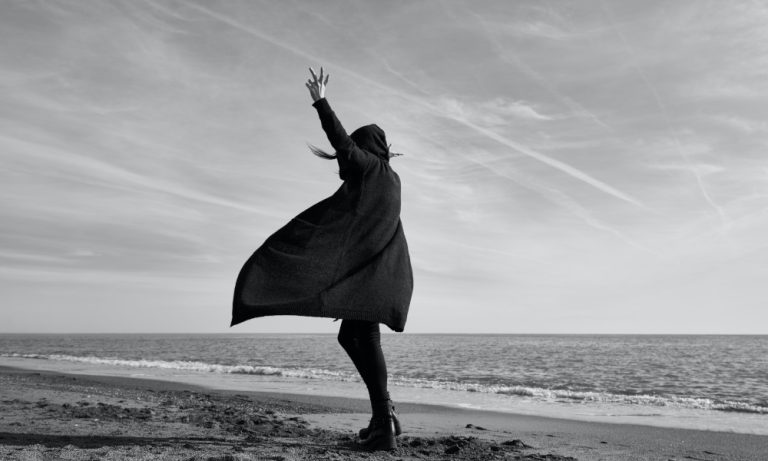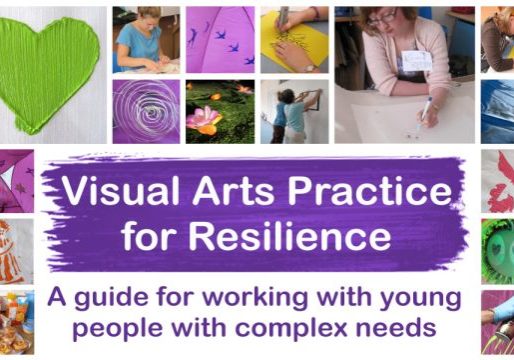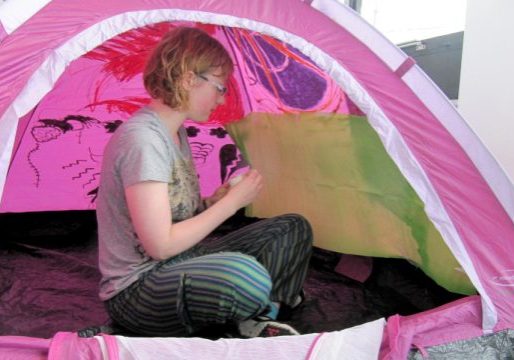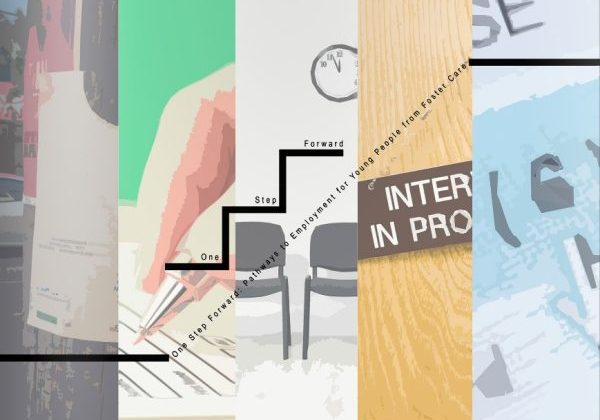Louise is the coproduction coordinator for Boingboing. She has lived experienced of being in care, so is particularly passionate regarding the emotional wellbeing of CYP in and leaving care. Here, Louise talks about ‘Taking Hold of our Heritage’, the current statistics for the care system in the UK, and potential disruptions to changing the system.
The discovered heritage of care experienced young people

Related Resources

Visual Arts Practice for Resilience: A guide for working with young people with complex needs
The aim of this guide is to offer practical advice and ideas that are affordable and accessible, and can be put into practice with groups of young people. As well as showing how you might put resilience theory into practice and facilitate art based activities.

Make Your Mark Film about Visual Arts Practice for Resilience
This documentary about the project includes footage from the resilience-building arts workshops, the project exhibition showcasing the young people’s art work, and interviews and artists statements from the young people experiencing mental health complexities and /or learning difficulties who participated in the workshops.

One Step Forward – Young people in care
A visual guide to resilience written & illustrated by young people in foster care and care leavers, Boingboing, the Virtual School for Children in Care and the University of Brighton. Navigate your route towards resilience! Take your time to explore the activities, enjoy the images and take inspiration.